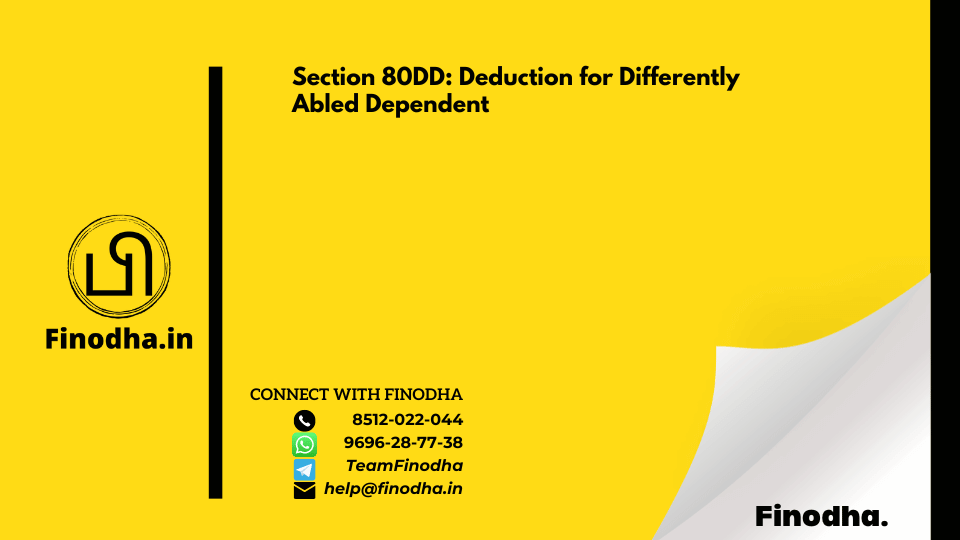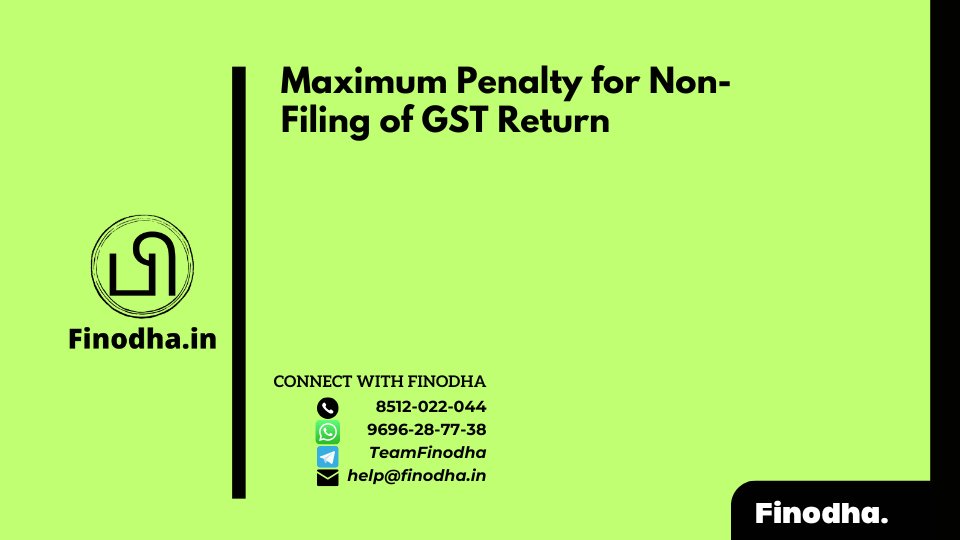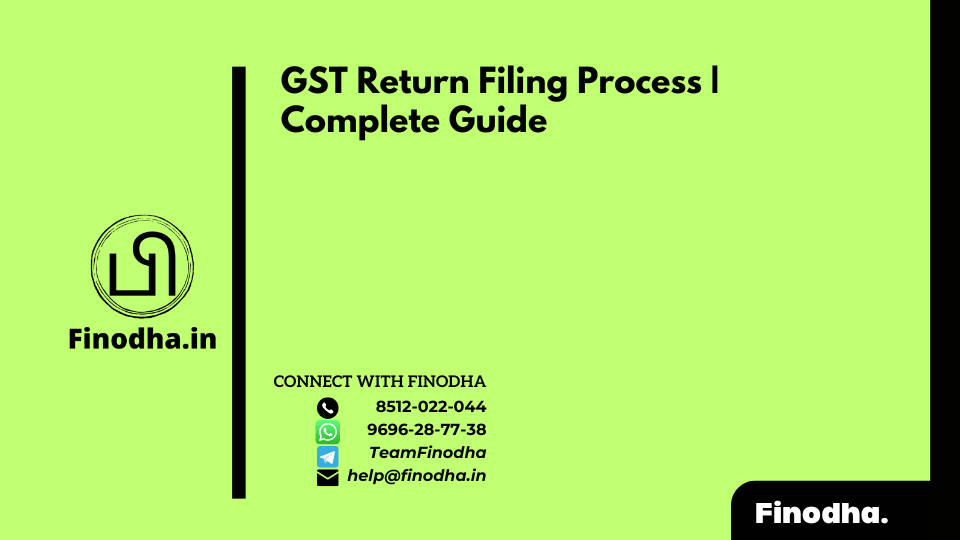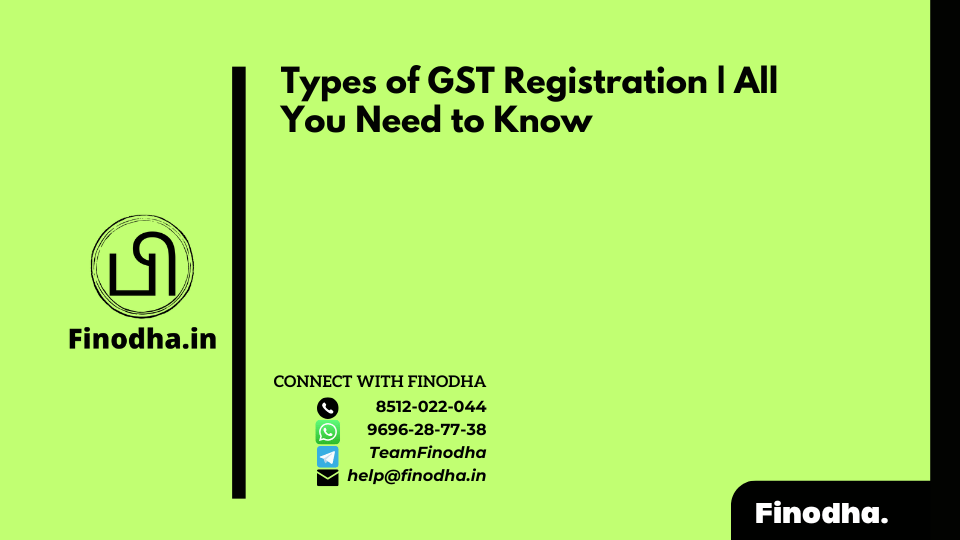Important Keyword: Chapter VI-A, HUF, Section 80DD.
Table of Contents
Section 80DD: Deduction for Differently Abled Dependent
With advancements in medical technology, treatments have become more effective yet often expensive. Some illnesses and conditions leave individuals reliant on others for daily survival, imposing significant financial burdens on their families. To alleviate this strain, the Income Tax Act offers a provision under section 80DD for tax deductions.
This deduction is intended to support families financially caring for dependents with disabilities or specific medical conditions. It serves as a relief measure, acknowledging the extra costs incurred in treatment, rehabilitation, and overall maintenance of individuals needing special care. By reducing taxable income, it aims to ease the financial responsibilities shouldered by families facing these challenging circumstances.
What are the Conditions to Claim Section 80DD Deduction?
To be eligible for the deduction under section 80DD of the Income Tax Act, certain conditions must be met:
- The taxpayer must be a resident Indian.
- The deduction is applicable when claimed for a dependent family member, not for the taxpayer themselves.
- If the dependent has already claimed a deduction under section 80U, the taxpayer cannot claim a deduction under section 80DD.
- The taxpayer must have incurred expenses for medical treatment, nursing, rehabilitation, or training of the differently-abled dependent.
- The taxpayer should have paid or deposited any amount under an approved scheme for the maintenance of the dependent with a disability, such as those offered by LIC or other insurers.
- The disability of the dependent must be at least 40%, certified by medical authorities.
- A copy of the certificate issued by medical authorities certifying the disability must be submitted along with the income tax return.
Which Medical Authority is eligible to issue the certificate?
To claim the deduction under section 80DD of the Income Tax Act, it’s crucial to obtain a medical certificate from a qualified medical practitioner. The following professionals are recognized for issuing such certificates:
- A neurologist holding an MD in Neurology.
- A pediatric neurologist for disabled children.
- A civil surgeon or Chief Medical Officer in a government hospital.
These certificates establish the disability status required for eligibility under section 80DD. Dependents eligible for this deduction include:
- Spouse
- Siblings
- Children
- Parents
- Members of a Hindu Undivided Family (HUF)
The deduction amount under section 80DD is fixed, not dependent on actual expenses incurred but cannot be nil. The extent of deduction varies based on the severity of disability:
- Disabled Person: Individuals with at least 40% disability.
- Severely Disabled Person: Individuals with at least 80% disability.
Taxpayers can claim this deduction to alleviate the financial burden associated with caring for dependents with disabilities, subject to the conditions specified under the Income Tax Act.
| Category | Deduction Amount |
| Disabled Person | INR 75,000 |
| Severly Disabled Person | INR 1,25,000 |
ITR Form Applicable for Section 80DD
Under section 80DD of the Income Tax Act, the following disabilities are covered for claiming deductions:
- Autism
- Cerebral palsy
- Blindness
- Low vision
- Leprosy cured
- Hearing impairment
- Locomotor disability
- Mental retardation
- Mental illness
Taxpayers who meet the specified conditions can claim this deduction when filing their Income Tax Return (ITR). This deduction is applicable to individuals and Hindu Undivided Families (HUFs), and it can be claimed using any of the ITR forms such as ITR 1, ITR 2, ITR 3, or ITR 4, depending on their income sources and other factors.
Supporting Documents
To substantiate the claim for deduction under section 80DD, taxpayers need to submit the following documents along with the standard documents required for filing ITR:
- Medical Certificate: Issued by a qualified medical practitioner specifying the disability.
- Form 10-IA: This form needs to be filled and submitted along with the ITR, providing details of the expenditure incurred on the medical treatment, rehabilitation, etc.
- Self-Declaration Certificate: A self-declaration stating that the dependent meets the criteria laid out under section 80DD.
- Receipts of Insurance Premium: If any amount has been paid or deposited under an approved scheme of LIC or any other insurer for the maintenance of the dependent.
These documents collectively validate the taxpayer’s eligibility for claiming the deduction under section 80DD, thereby providing financial relief in recognition of the costs associated with caring for dependents with disabilities.

Comparison between 80U & 80DD
| Parameters | 80U | 80DD |
| Eligible beneficiary | Taxpayer himself | Dependents of taxpayer |
| Type of beneficiary | Resident Individual | Resident Individual or HUF |
| Pre-requisite of incurring expenses | Flat deduction irrespective of the expenses incurred | Flat deduction provided that expenses have been incurred for support & maintenance of dependent |
| Amount of deduction | INR 75,000 (Normal disability) INR 1,25,000 (Severe disability) | INR 75,000 (Normal disability) INR 1,25,000 (Severe disability) |
Read More: Section 80DDB: Deduction for Treatment of Specified Diseases
Web Stories: Section 80DDB: Deduction for Treatment of Specified Diseases
Official Income Tax Return filing website: https://incometaxindia.gov.in/




